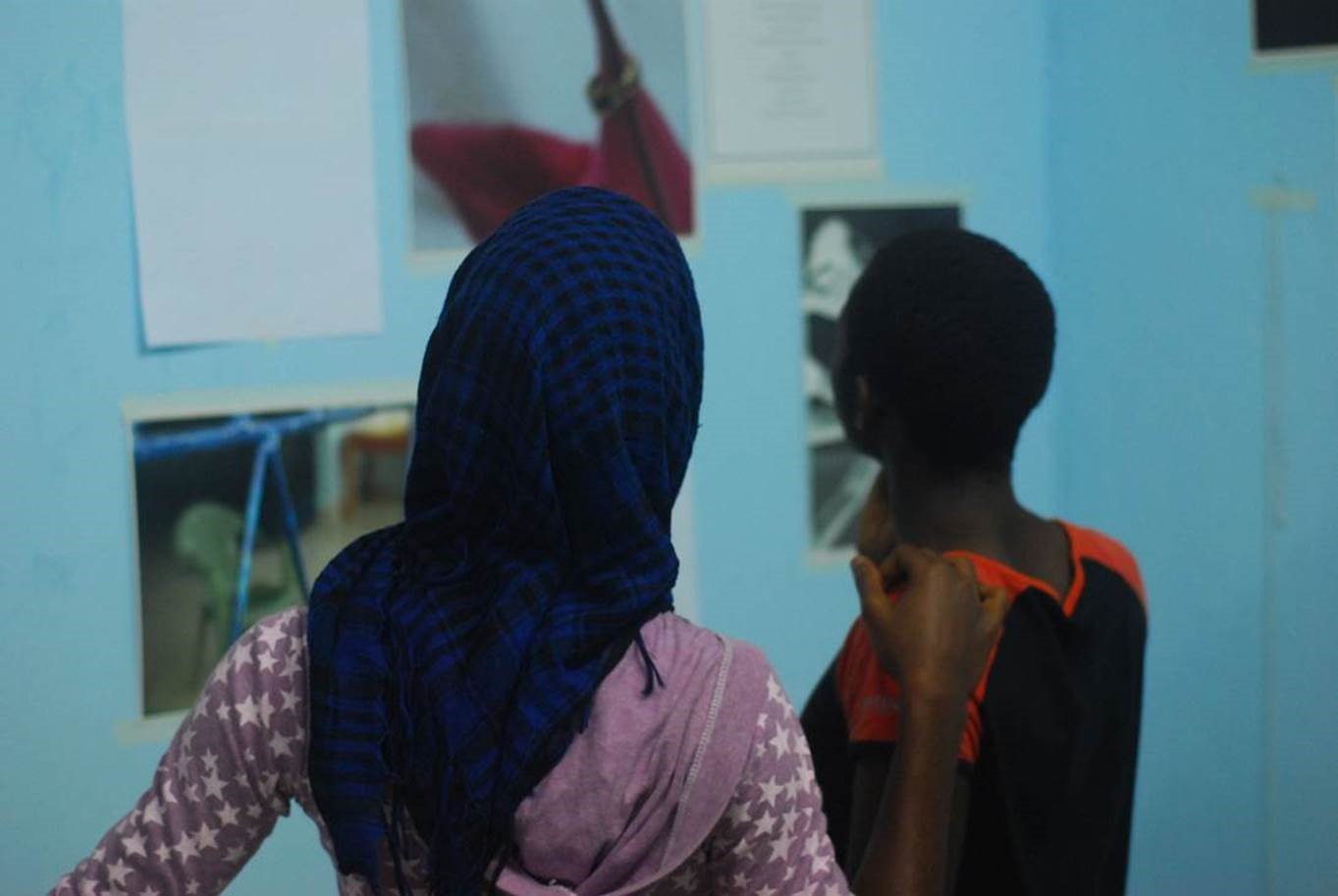Part 1 written by Rolande Lewis, Program Officer, LINKAGES
Part 2 written by Irwin Iradukunda, Director of Programmes for Mouvement pour les Libertés Indivduelles (MOLI) and key population activist in Burundi
Part 1
On Tuesday, May 17, The International Day Against Homophobia and Transphobia (IDAHOT), was celebrated around the world. Homophobia and transphobia adversely affect key populations (men who have sex with men, transgender people, sex workers, and people who inject drugs) and can be manifested in many ways, including discrimination, refusal of health care services, and violence. In communities where public opinion is largely negative toward lesbian, gay, bisexual, and transgender (LGBT) people and violence against them is common, such attitudes are sometimes also held by health care workers. These negative attitudes not only prevent LGBT people from accessing quality health care in general, but also discourage them from seeking HIV treatment, care, and prevention services specifically.
During a December 2015 trip to Côte d’Ivoire (to meet with LINKAGES partner organizations), I learned that a mob had attacked and severely beaten a young man (or trans woman; it is unknown which) who was on his way to attend an HIV prevention event hosted in a neighborhood in the capital, Abidjan. He was attacked because he was considered “effeminate.” On this same day, a memorial service was held for a young man who had been poisoned by his family because they suspected that he might be homosexual.
In Côte d’Ivoire, where homosexuality is legal, violence and stigma are still obviously real dangers. In other countries, such as Burundi, penal codes against homosexual activity greatly increase the risk of violence toward the LGBT community. However, activists and advocates in Burundi (and many other countries where homosexuality is illegal) are actively working to make lasting social changes for LGBT rights both within their communities and their countries at large. Following is the perspective of one such activist.
Part 2
Burundi is one of the 33 African countries where homosexuality is criminalized and where individuals who are either perceived as or identify as LGBT are persecuted and discriminated against.
Hence, Burundi has experienced a remarkable increase in HIV prevalence within the populations of gay men, other men who have sex with men (MSM), and transwomen from 2011 to 2014.[1] Some of the main reasons for the increase include the narrow gender and sexuality norms that are relayed by opinion leaders and make homosexuality an “abomination”; the lack of competent and accepting health services for gay men, MSM, and transwomen;[2] the lack of active participation and decision-making power of key populations in the design and implementation of HIV programming; the limited support for organizing and strengthening advocacy movements by key populations; and the criminalization of homosexuality and sex work.
These crosscutting issues linked to HIV prevalence contribute to and spring from widespread ignorance related to sexual diversity, which perpetuates homophobia, biphobia, and transphobia and entrench access to health and public services both in Burundi and across the world.
Endnotes:
[1] In 2011, the CNLS conducted a HIV prevalence rate and socio-behavioral survey on HIV/AIDS focused on high-risk groups conducted that found a 2.4% rate within the MSM constituency. In 2014, the Burundi Priorities for Local AIDS Control E orts (PLACE) Report highlighted an HIV incidence amongst MSM high as 6%.
[2] A big part of the few accessible LGBT friendly health services are located in the capital city, Bujumbura.

